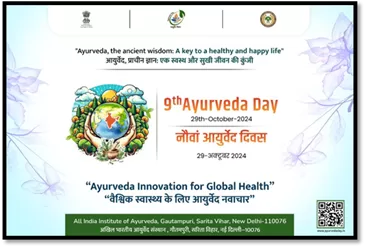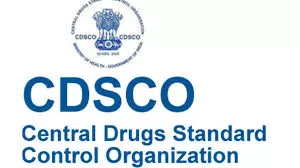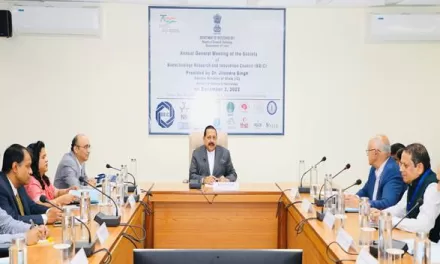A collaborative effort between BRIC-THSTI Faridabad and IIT Madras has yielded a groundbreaking advancement in prenatal care – a precise model for determining foetal age during the second and third trimesters of pregnancy. Named Garbhini-GA2, this India-specific formula revolutionizes gestational age (GA) estimation, reducing errors by nearly threefold compared to existing Western-derived methods.
Published in Lancet Regional Health Southeast Asia on February 13, 2024, the Garbhini-GA2 model was developed as part of the GARBH-Ini program, a joint initiative by Biotechnology Research and Innovation Council – Translational Health Science and Technology Institute (BRIC-THSTI) and Indian Institute of Technology Madras (IIT Madras). This pioneering model utilizes routine foetal ultrasound parameters and was meticulously crafted using data from Indian cohorts.
Traditional GA estimation methods, often based on formulas designed for Western populations, can lead to inaccuracies, especially in later stages of pregnancy due to variations in foetal growth among Indian women. The Garbhini-GA2 addresses this disparity, providing obstetricians with a more reliable tool for precise delivery date determination and tailored pregnancy care.
Dr. Shinjini Bhatnagar, principal investigator of the GARBH-Ini program, emphasized the importance of enhancing GA accuracy in reducing adverse pregnancy outcomes. This collaborative effort, she highlighted, exemplifies the integration of clinical expertise with cutting-edge data science to deliver impactful solutions in healthcare.
Dr. Himanshu Sinha from IIT Madras underscored the institution’s commitment to addressing public health challenges in India through advanced data science techniques. By partnering with clinical experts, they aim to develop tools that predict and prevent adverse birth outcomes, starting with accurate GA estimation.
Supported by the Department of Biotechnology (DBT), Government of India, and additional funding from various institutions, including the Robert Bosch Centre for Data Science and Artificial Intelligence (RBCDSAI), and the Centre for Integrative Biology and Systems Medicine (IBSE), IIT Madras, this research represents a significant stride towards improving maternal and infant healthcare nationwide.
Dr. Rajesh Gokhale, Secretary of DBT, commended the Garbh-Ini program for its remarkable achievements, highlighting the ongoing validation of these population-specific models across India. As these models continue to undergo scrutiny and refinement, they hold the promise of transforming prenatal care and mitigating adverse pregnancy outcomes in the country.












